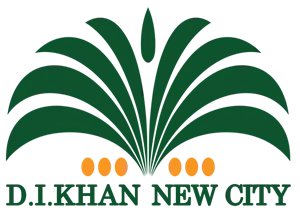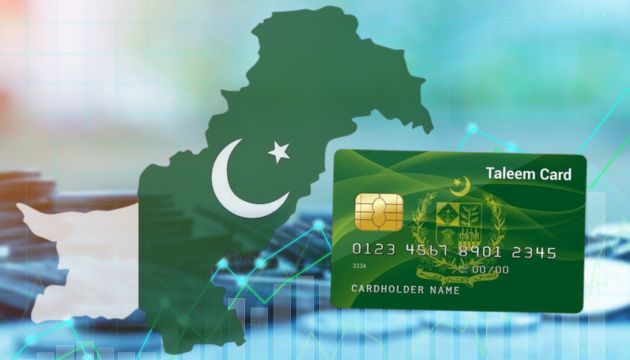The Khyber Pakhtunkhwa (KP) government has unveiled the ‘Taleem Card’ initiative — a transformative step toward improving access to education for students in underprivileged and remote regions. The project, which will begin with a pilot phase in Upper Chitral, aims to bridge the educational divide by providing quality learning opportunities to those who have long been underserved.
During a high-level meeting chaired by Chief Minister Sardar Ali Amin Khan Gandapur, the initiative was officially launched, positioning it as a flagship project of the current administration. At the meeting, the Chief Minister stressed the need to mobilize resources swiftly to ensure timely and effective implementation. Consequently, he instructed both the education and finance departments to accelerate their efforts so that students from backward and marginalized areas can access reputable educational institutions without delay.
Furthermore, the choice to launch the pilot phase in Upper Chitral was influenced by the Chief Secretary’s recent visit to the area, where he assessed the impact of a glacial outburst. In addition to education, the meeting also addressed both immediate and long-term strategies for aiding the displaced population, with a strong focus on housing solutions and sustainable rehabilitation.
Beyond this initiative, the KP government continues to demonstrate its commitment to enhancing educational opportunities across other remote districts. As part of this effort, the Chief Minister directed the education department to establish a new school in Shangla, honoring a promise made to a high-achieving female student from the region.
Overall, the Taleem Card initiative reflects the KP government’s dedication to reducing educational disparities between urban and rural communities. By increasing access to high-quality education, the project seeks to empower students in remote areas, giving them the tools they need to unlock their full potential and pursue brighter futures.

